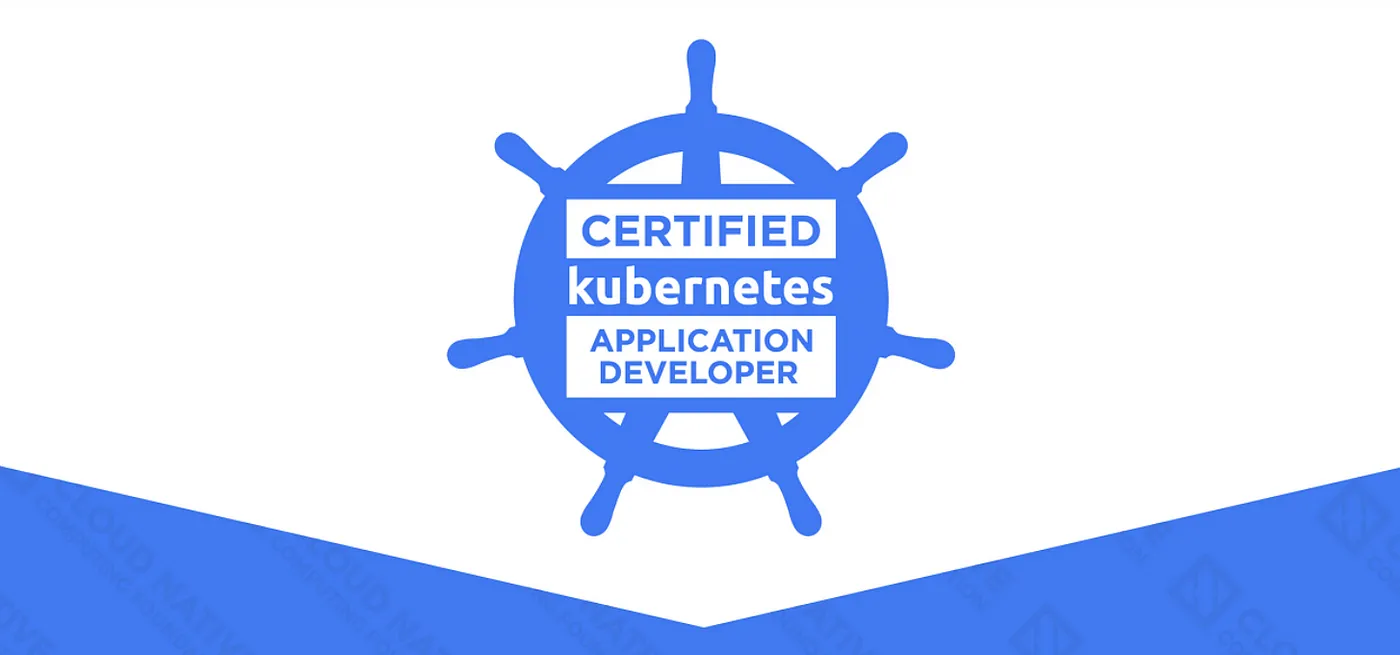
Why I Choose To Be a Contract Programmer
A comparison between contract and permanent jobs based on my personal experience
I was a permanent employee once. At the time, being a contractor seemed daunting. When I thought about the contractor option, worries about job security stopped me from pursuing the idea further. However, after completing a successful project as the lead developer, I felt I no longer had room to grow. Leading a team of contractors, I knew they were paid double my salary. I decided to make a change. Soon, I landed a contract for a large government IT project.
After working as an IT contractor for more than ten years, here are some of my observations:
Working as a contractor, I actually stayed at the same company longer than in my permanent job. The longest contract I had was five-and-a-half years vs. my longest permanent job of four years. I also left the contract voluntarily looking for a new challenge.
Despite the insecure nature of a contract job, I have been fortunate to not have any gaps between contracts so far.
I worked more hours in my last permanent job vs my contract job.
Let’s look into the comparison of contract vs. permanent jobs in more detail.
Money
Let’s talk about money. Please note that this only applies to software developers in Australia. Things may be different in other industries and countries.
As an IT contractor, I earn more compared to a similar permanent role, and I can claim tax benefits.
In Melbourne, the salary for a mid-level developer is roughly $90K or $75/hour at a permanent job and $110K or $100/hour for a contractor. However, the contract rate can’t be considered at face value only because it doesn’t have benefits like sick/annual leave. Even after factoring in all these things, the contract wage is still substantially higher.
 Source: Hudson Salary Guide 2019 Australia
Source: Hudson Salary Guide 2019 Australia
I am paid for overtime as a contractor. I didn’t have overtime pay in my last permanent role because “reasonable overtime is factored into your salary package.” My situation was probably different from yours, as I know most permanent jobs get overtime pay.
I paid more taxes — much more. That motivated me to look for ways to invest my savings so I can pay less in taxes. Those investments have brought me comfortable cash flow and good capital gain in the last five years. Now I am mortgage-free and have savings for my kid’s education and an emergency fund.
I Stopped Worrying About Job Security
A permanent job is meant to be stable and secure, but the job market is very different now. As a software developer, is there really such a thing as a permanent job anymore?
Loyalty is dead these days for both the employee and employer. It’s simple supply and demand. If your company doesn’t need you anymore, you will be laid off.
A permanent role can give you a false sense of security. Without a challenge and the motivation to keep learning, your skills will become outdated. A permanent role is also likely to narrow your scope to a specific area. Thus, your skill set will be limited.
In the current dynamic environment, real job security is determined by your relevant and in-demand skills.
As a contractor, I keep looking at what the job market demands and try to meet them by keeping my skills updated. Every contract switch is a chance to learn new skills, and every job interview is an opportunity to explore the job market. Picking up new skills quickly and hitting the ground running has become second nature to me.
I’m not worried about job security now because I am confident in my skills.
No (or Less) Office Politics
When I was a permanent employee, the thing I hated the most was office politics.
As a contractor, things are much simpler. Unlike in a permanent staff, a contract role is temporary. A contractor isn’t part of the permanent corporate hierarchy, so you’re not perceived as a “threat.”
This simpler relationship (some call it a transactional relationship) makes it easier to work in a large hierarchical organization. I focus on how to get my job done, be part of the team, and keep a distance from internal politics. But sometimes in a long-term contract, you can still get caught in office politics.
When things are difficult, I am still in a better position than the permanent staff because it’s much easier for me to switch to a new job.
Freedom and Flexibility
As a contractor, I have choices.
I feel lucky because skilled developers are in high demand. I apply only to the jobs that fit my career path and/or use the technology stack I am interested in. Many times, the jobs requiring contractors are new projects needing new technologies or skill sets, and that suits me well.
Another benefit is the flexibility to take a long break when my contract expires. With a bit of planning, I can take a long holiday in my dream destination or choose to work without taking any leave to make as much money as I can.
Overcome Stress and Meet Expectations
On the flip side, there are stressful times as a contractor.
When I started my first contract, the worry was real. The fear of losing my job and the uncertainty of where to find the next contract was stressful. One of the symptoms of the insecurity was that I didn’t take a single day off in my first two years of contracting. That’s obviously not healthy. I learned to cope with the stress gradually by focusing on things that I can control. I keep learning and improving my skills, as well as building up my reputation and network. At the same time, I saved money and invested wisely to have a secure financial situation.
Contracting is rewarding, but at the same time, the expectations for contractors are also high. We are paid to solve problems, to deliver on time and on budget. You need to prove yourself to be valuable and worth the paycheck. But when you deliver, you build your reputation and it can carry you forward.
For a contractor, more disposable income also means you need the discipline to save and invest. Without discipline, you can easily spend all the extra cash and have no funds available for emergency situations.
Final Thoughts
If I could travel back in time, I would make the same choice. But I would be much less worried in the first couple of years and enjoy the ride more.
Contracting isn’t for everyone, but with higher pay, less office politics, and more freedom, it’s definitely rewarding.
At the end of the day, what matters is to have a job that you actually enjoy — regardless of if it’s a contract or permanent job. A job that gives you more fulfillment will make you happy.
If you like this article, you may also like this one.
5 Things I Dislike the Most About Code Reviews
Opinionated comments, double standards, and morebetterprogramming.pub
- Title: Why I Choose To Be a Contract Programmer
- Author: Sunny Sun
- Created at : 2021-07-14 00:00:00
- Updated at : 2024-07-07 18:37:31
- Link: http://coffeethinkcode.com/2021/07/14/why-i-choose-to-be-a-contract-programmer/
- License: This work is licensed under CC BY-NC-SA 4.0.



